

Published Date : 2025-Apr-22
The global rehabilitation robotics market is projected to exceed $15.55 billion by 2034, driven by rapid technological advancement in AI, sensor technologies, and biomechanics. Major growth regions include North America, Europe, and the Asia-Pacific, especially Japan, South Korea, and China. Leading firms are expanding not just clinical applications, but also home-based rehabilitation platforms for stroke recovery and mobility enhancement.
Here's a curated guide to the top leading global players driving the innovation in rehabilitation robotics in 2025.

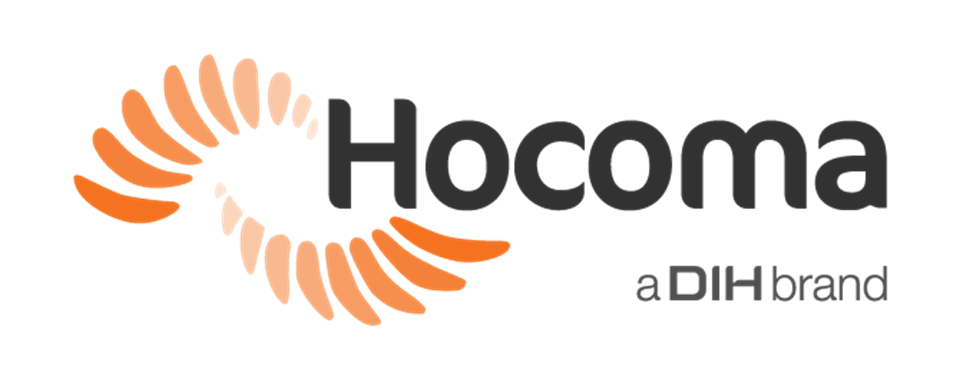
Headquarters: Volketswil, Switzerland
Founded: 1996
Employees (2024): Approx. 250
Revenue (2024 est.): Approx. $85 million
Profile: Hocoma is a Swiss medical technology company specializing in the development, manufacturing, and commercialization of robotic and sensor-based devices for functional movement therapy. It is globally recognized for revolutionizing neurorehabilitation through technology such as Lokomat, Armeo, and Erigo systems.
Hocoma is one of the first companies to integrate real-time biofeedback, virtual reality gamification, and AI-based therapy adjustment in robotic-assisted rehab. Their systems are used primarily for Stroke recovery, Spinal cord injury rehabilitation, Pediatric neurorehabilitation and Orthopedic post-operative recovery.
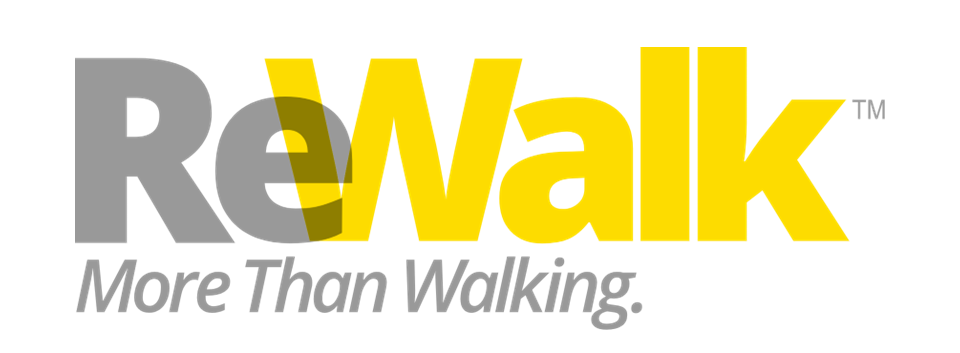
Headquarters: Marlborough, Massachusetts, USA & Yokneam, Israel
Founded: 2001
Employees (2024): Approx. 120
Revenue (2024 est.): Approx. $14 million
Profile: ReWalk Robotics is a leading developer of wearable robotic exoskeletons designed to help individuals with lower limb disabilities—particularly those with spinal cord injuries (SCI) and multiple sclerosis (MS)—stand upright, walk, turn, and climb stairs.
ReWalk is among the first companies to receive FDA and CE mark clearance for personal and clinical use exoskeletons. It operates across North America, Europe, and Asia, with hundreds of systems installed in rehab clinics and private homes.

Headquarters: Richmond, California, USA
Founded: 2005
Employees (2024): Approx. 140
Revenue (2024 est.): Approx. $16.5 million
Profile: Ekso Bionics is a cutting-edge exoskeleton technology company focused on enhancing human mobility through wearable robotics. It develops both medical and industrial exoskeletons designed to support rehabilitation and augment physical capabilities.
Product Innovations
Ekso’s rehabilitation technology is used in over 400 hospitals and clinics worldwide, including some of the top neuro-rehab centers in North America, Europe, and Asia-Pacific.
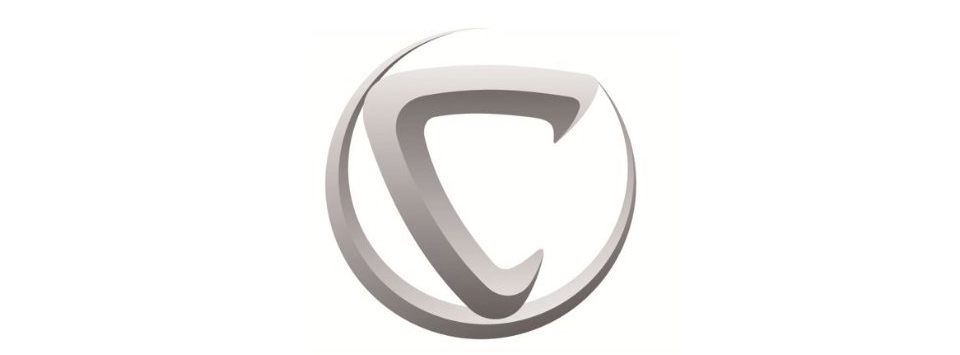
Headquarters: Tsukuba, Japan
Founded: 2004
Employees (2024): Approx. 350
Revenue (2024 est.): Approx. $40 million
Profile: Cyberdyne is a Japanese robotics and technology company globally recognized for pioneering wearable robotic systems that merge humans and machines. Its flagship innovation is HAL® – Hybrid Assistive Limb, a robotic exoskeleton designed to improve, support, and regenerate physical functions in people with motor disabilities.
Cyberdyne is active across Japan, the EU, North America, and Southeast Asia, collaborating with hospitals, research centers, and rehabilitation facilities. Its technologies are central to "Cybernics Treatment", a new medical paradigm combining AI, robotics, and neuroscience.
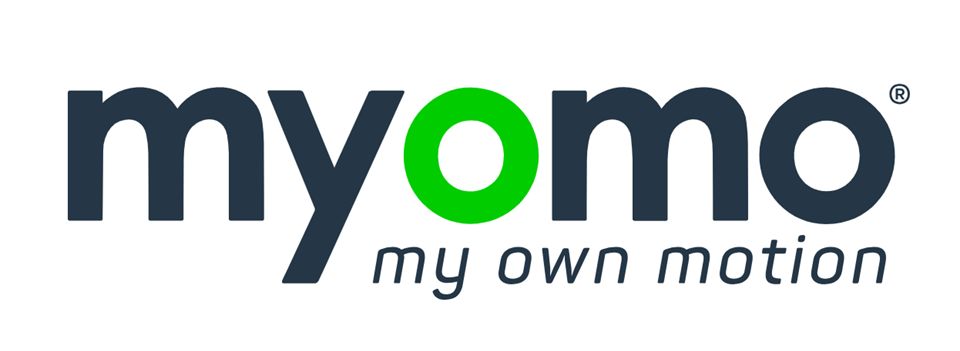
Headquarters: Cambridge, Massachusetts, USA
Founded: 2006
Employees (2024): Approx. 85
Revenue (2024 est.): Approx. $25 million
Profile: Myomo is a medical robotics company specializing in wearable, non-invasive powered orthoses that help individuals with neuromuscular conditions regain functional arm and hand movement. It’s best known for its flagship product, MyoPro®, an FDA-cleared orthosis that uses the wearer’s own EMG (electromyographic) signals to support movement.
MyoPro® enables users with stroke, spinal cord injury (SCI), ALS, and cerebral palsy to regain independence in activities of daily living (ADLs). Uses biosignals (EMG) from the patient's own muscles—restoring control even when strength is minimal.
Myomo is active in the United States, Germany, and select international markets through certified orthotic and prosthetic providers. The company has FDA and CE clearance and targets both clinical and home use cases.
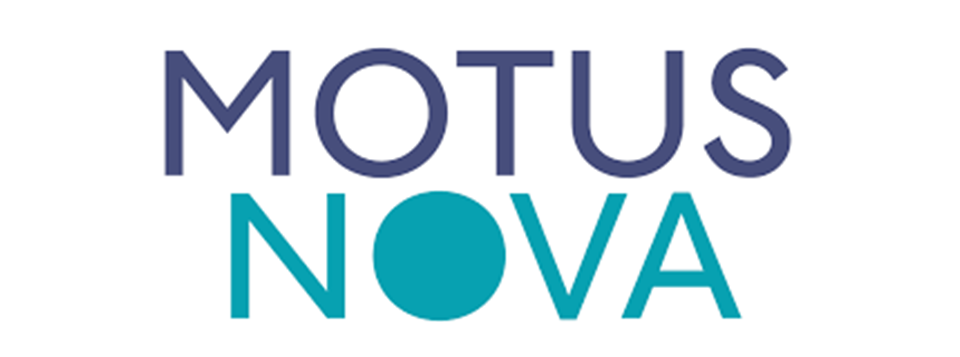
Headquarters: Atlanta, Georgia, USA
Founded: 2013 (originating from Georgia Tech research)
Employees (2024): Approx. 150
Revenue (2024 est.): Approx. $6–10 million USD (private estimates)
Profile: Motus Nova is a U.S.-based medical technology company that develops robotic exoskeleton devices and AI-driven software for stroke and neurorehabilitation. The company’s core focus is home-based rehab systems that allow patients to perform high-repetition therapy independently, using game-based feedback to maximize engagement and recovery outcomes.
Motus Hand™: A robotic glove for hand and wrist rehab with EMG feedback and interactive games.
Motus Foot™: Robotic ankle rehab device that assists stroke survivors in regaining dorsiflexion and plantarflexion.
The company focuses on stroke rehabilitation, spinal cord injury, traumatic brain injury, and orthopedic recovery, with a vision to democratize access to rehab by making therapy affordable and home friendly.
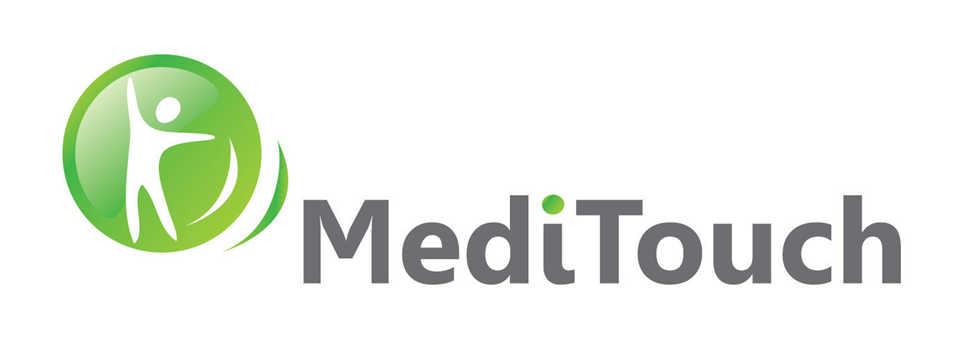
Headquarters: Netanya, Israel
Founded: 2004 (Founded by Israeli biomedical engineers and therapists)
Employees (2024): Approx. 100
Revenue (2024 est.): Approx. $10 million
Profile: MediTouch is an Israeli medical technology company that develops innovative, sensor-based rehabilitation devices and virtual reality therapy tools. Their solutions are widely used in neurological, orthopedic, and pediatric rehabilitation and are designed to enhance patient motivation and functional recovery through biofeedback and game-based training.
HandTutor™: Robotic glove for hand therapy with fine motor precision and real-time motion tracking.
ArmTutor™ / LegTutor™: Wearable sensors for proximal limb movement rehab with engaging therapy tasks.
3DTutor™: Tracks full-body movement and posture, ideal for postural control and pediatric rehab.
The company devices are used by rehabilitation hospitals, outpatient clinics, and home care programs in over 20 countries, including widespread clinical use in Europe, Israel, and Asia-Pacific.

Headquarters: Graz, Austria
Founded: 2007
Employees (2024): Approx. 120
Revenue (2024 est.): Approx. $22 million
Profile: Tyromotion is a leading provider of technology-based rehabilitation solutions, integrating robotics, sensors, and gamification into physical and neurological recovery. The company specializes in upper and lower extremity rehab with interactive therapy systems that motivate patients while offering precision performance tracking.
The company operates in over 50 countries, with strong presence across Europe, Asia, and North America. Its products are widely used in neurorehabilitation centers, hospitals, and clinics focused on stroke, traumatic brain injury, and spinal cord injury therapy.
Amadeo®: Robotic hand therapy system.
Diego®: Dynamic arm weight support system.
Lexo®: Robotic gait training treadmill for early-stage rehab.
Myro®: Interactive cognitive-motor therapy surface.
Pablo®: Versatile sensor-based device for upper limb therapy.

Headquarters: Augsburg, Germany
Founded: 1898 (Healthcare unit active since 2013)
Employees (2024): Approx. 13,000 (Healthcare division Approx. 150)
Revenue (2024 est.): Approx. $90 million (Health division)
Profile: KUKA Robotics a German industrial automation giant, is globally recognized for its advanced robotic arms and automation systems. Its Healthcare Division specializes in robotic platforms that support surgical, diagnostic, and therapeutic procedures, with a flagship focus on LBR Med, the first collaborative robot certified for medical use.
LBR Med is a lightweight, 7-axis collaborative robot arm specifically designed and certified for clinical environments.
It is integrated into various third-party systems for rehabilitation, neurosurgery, radiotherapy, and orthopedic assistance.
KUKA partners with leading healthcare tech firms, research hospitals, and surgical robot developers across Europe, North America, and Asia-Pacific.
Region | Highlights |
North America | Largest market shares due to early adoption and reimbursement policies. |
Europe | Strong growth in Germany, France, and Scandinavia; government-funded trials. |
Asia-Pacific | Fastest growing region: Japan and China lead with high elderly population and tech investment. |
Middle East & Africa | Slow adoption but increasing interest in smart hospitals. |
Latin America | Brazil and Mexico showing pilot projects in robotic rehabilitation centers. |
Would you like me to add more details on specific companies or market trends? Let me know! CLICK HERE
Intellectual Market Insights Research is a global market intelligence and consulting organization that provides syndicated research reports, customized research reports, and consulting services. We are known for our actionable insights and authentic reports in various domains including, Semiconductor, aerospace, Automation, Agriculture, Food & Beverages, Automotive, Chemicals and Materials, and virtually all domains and an exhaustive list of sub-domains under the sun. We create value for clients through our highly reliable and accurate reports.